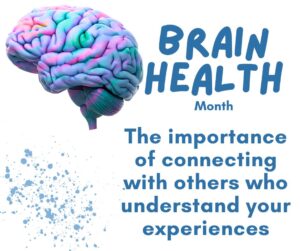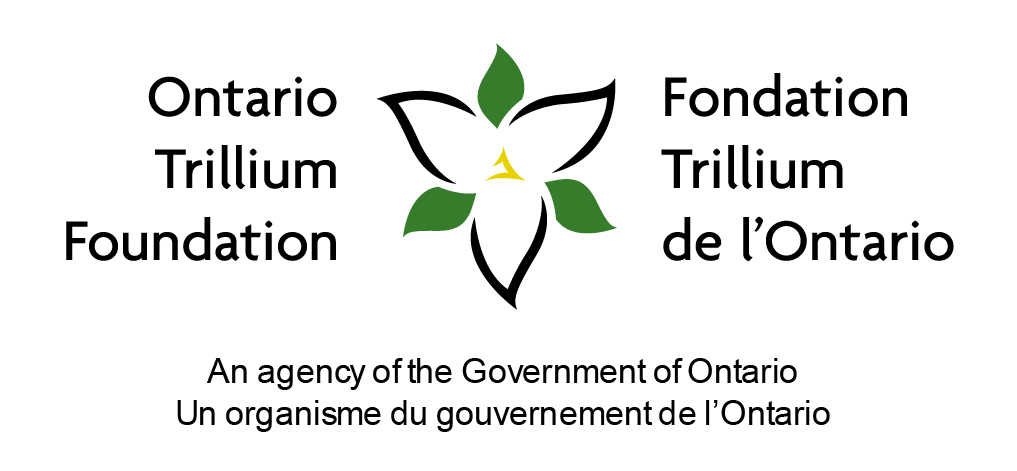
Peer support groups offer invaluable opportunities for individuals with spina bifida and/or hydrocephalus to connect with others who share similar experiences, challenges, and triumphs. These groups provide a supportive environment where members can share coping strategies, seek advice, and foster a sense of community and belonging. Here’s an expanded look at the benefits of peer support groups for individuals living with these conditions:
Shared Understanding: Peer support groups provide a space where individuals with spina bifida and/or hydrocephalus can feel understood and validated. Members share common experiences related to their conditions, which can create a sense of solidarity and reduce feelings of isolation.
Emotional Support: Living with spina bifida and/or hydrocephalus can be emotionally challenging, and peer support groups offer a supportive network where members can express their feelings openly and receive empathy and understanding from others who truly comprehend their struggles.
Practical Advice and Tips: Members of peer support groups often share practical advice and tips for managing day-to-day challenges associated with spina bifida and hydrocephalus. Whether it’s navigating healthcare systems, accessing assistive devices, or coping with specific symptoms, the collective wisdom of the group can be immensely valuable.
Coping Strategies: Coping with a chronic condition requires resilience, and peer support groups provide a forum for members to share effective coping strategies that have worked for them. Learning from others’ experiences can inspire hope and empower individuals to better manage their own challenges.
Information Sharing: Peer support groups serve as a platform for sharing valuable information about new treatments, therapies, research developments, and community resources related to spina bifida and hydrocephalus. Members can stay informed and empowered to make informed decisions about their healthcare.
Sense of Belonging: Feeling connected to others who understand their experiences can foster a profound sense of belonging for individuals with spina bifida and hydrocephalus. In a peer support group, members are accepted and valued for who they are, free from judgment or stigma.
Empowerment and Advocacy: Through peer support groups, individuals with spina bifida and hydrocephalus often discover their collective voice and strength. They can advocate for themselves and others, raise awareness about their conditions, and work together to promote positive change in their communities.
Lifelong Friendships: Peer support groups can lead to the formation of lifelong friendships based on shared experiences, mutual support, and understanding. These connections provide ongoing emotional support and companionship, enriching the lives of group members beyond the confines of formal meetings.
In summary, peer support groups play a vital role in the lives of individuals with spina bifida and hydrocephalus, offering emotional support, practical advice, a sense of belonging, and opportunities for empowerment and advocacy. By participating in these groups, individuals can navigate the challenges of their conditions more effectively and lead fulfilling lives supported by a caring community. We offer support groups, social outings and online events to help build your community. Check out our calendar at https://hydrocephalus.ca/events/





